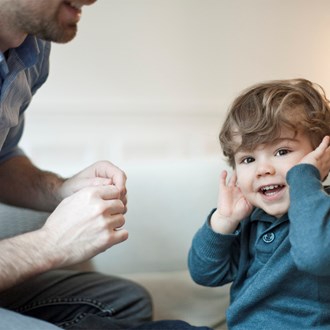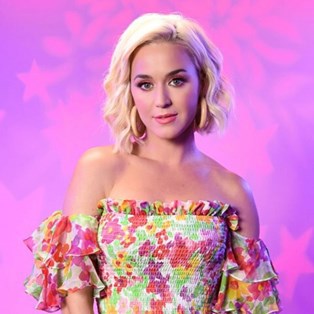Chris Hemsworth admits that his kids affected his career

The actor speaks candidly in a GQ Australia interview
By Chloe Lai
October 03 2018
Chris Hemsworth is one of the country's biggest names, yet the dad-of-three admits that there are moments where he thinks "what if?"
The 35-year-old is GQ Australia's November cover star.
And while there is no doubt Hemsworth oozes charm and sex appeal, his interview with the publication is refreshingly raw.
"I do wonder sometimes, if we (Hemsworth and wife Elsa Pataky) hadn't met, what my career would look like," he admitted in the chat, confessing, "Have I made decisions based on that? How has that influenced me?"
He continued, "There's times when I've thought, 'Wow, because having kids is more important to me, some of my roles have suffered'. There's definitely a couple of films I could've put way more energy into but I was like, 'No, I'd rather be with my kids'."
Hemsworth, who has three kids with his wife Pataky: daughter India, six, and their four-year-old twin sons Sasha and Tristan, wouldn't change a thing.
"I don't regret that but I'm aware."
Hemsworth became a Hollywood superstar following his time as Thor across the Marvel franchises.
And the humble Aussie has earned millions thanks to the role - something that he doesn't love.
“I feel gross about it,” Hemsworth says. “I remember saving up for a surfboard when I was younger. The surfboard was 600 bucks and I saved up for a whole year with Dad’s help. I didn’t even want to surf on it for fear of damaging it. It taught me so many lessons about appreciation and working hard for something."
The parents have opted to skip life in Hollywood for one in Byron Bay.
“When I think about my kids, I don’t want them to miss that joy," he continues. "Elsa [Pataky] and I talk a lot about how we instill that same appreciation and respect for things. I don’t want them to feel like they’re privileged in any way. The fact that we have money and their parents are famous, that somehow they’re special, that scares me because we grew up with no money.”
This article originally appeared on WHO.













